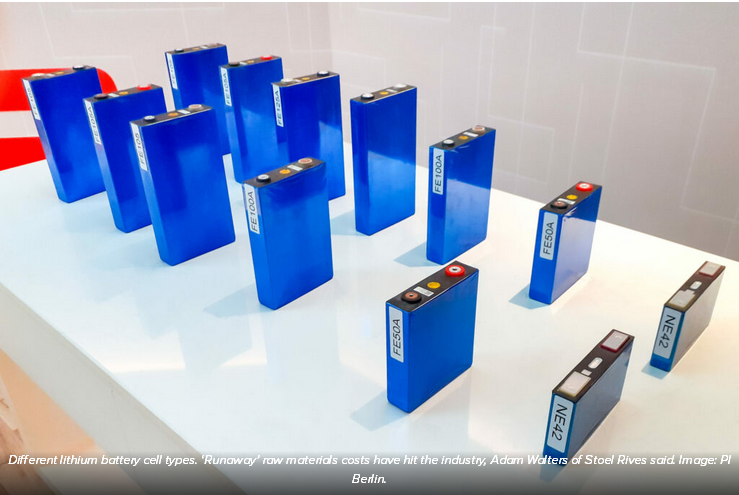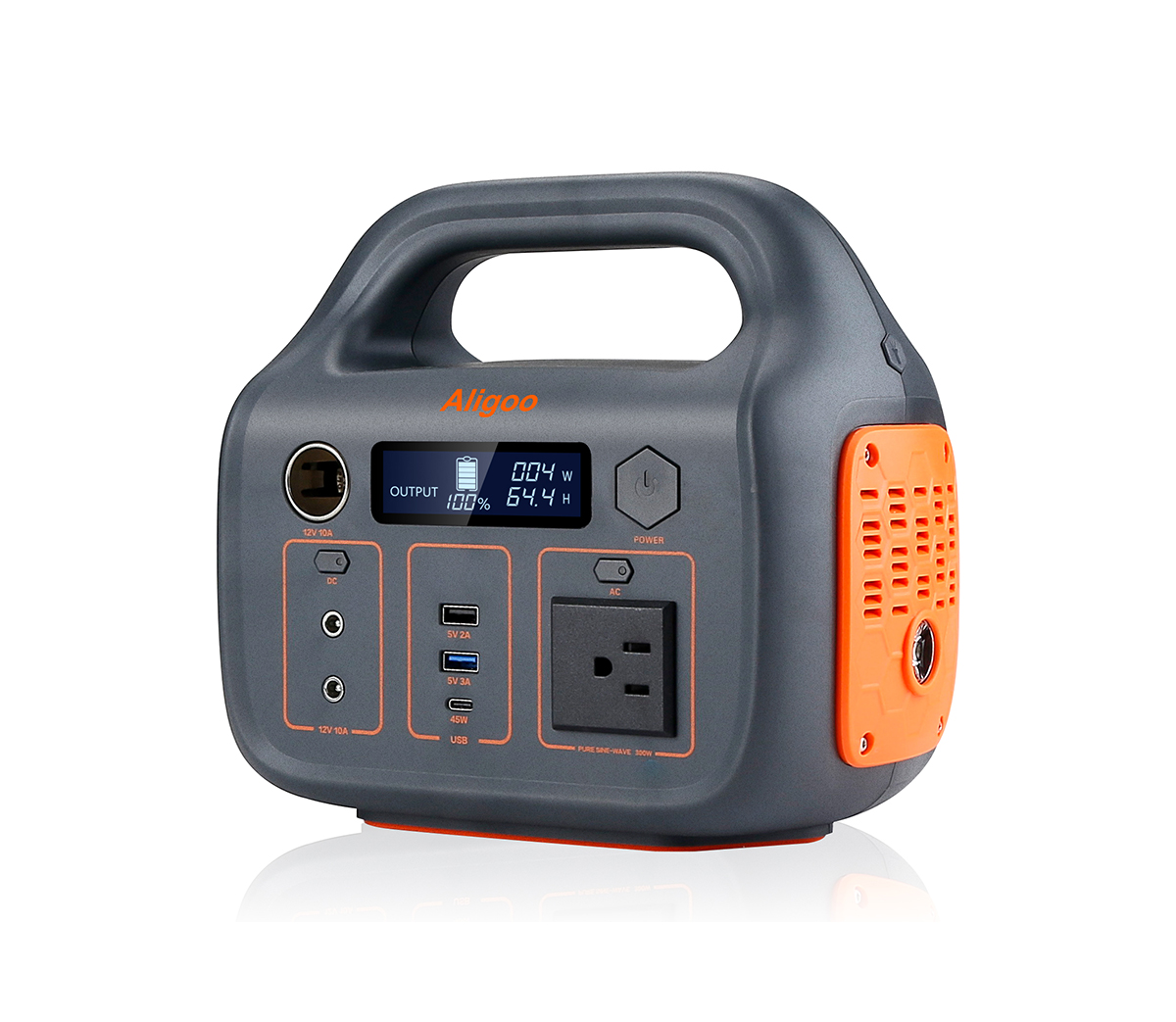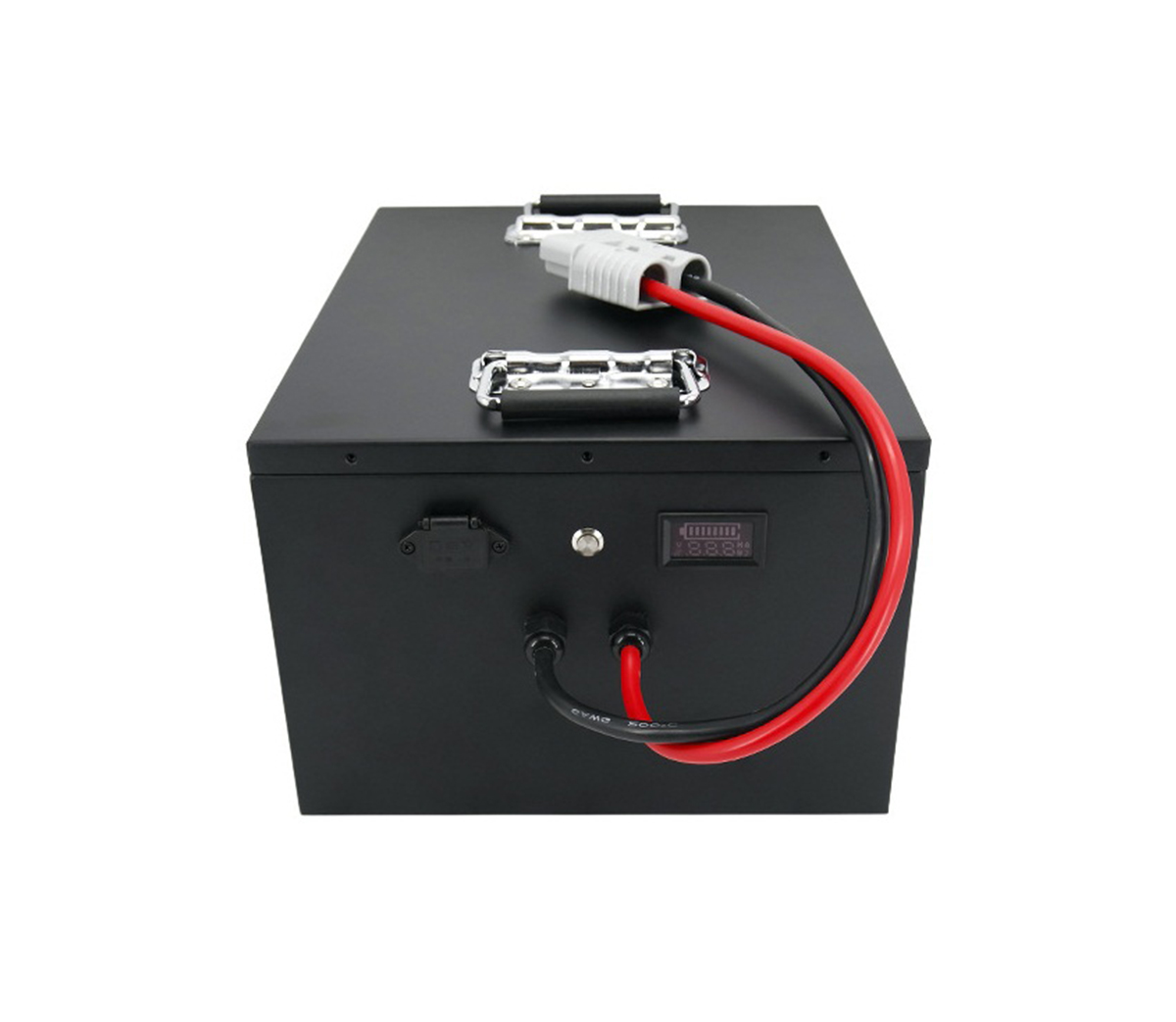U.S. energy storage industry reaches crisis point as battery costs rise and
supply chain tightens
While the U.S. battery energy storage market is grappling with rising raw
material costs, it has reached a "crisis point." Adam Walters, a specialist
attorney at StoelRives LLP, has served as legal counsel to Tesla Inc. and First
Solar Corporation, and has served clients in the renewable energy and battery
energy storage sectors as transactional, commercial, and project attorneys. He
noted that the sharp rise in lithium carbonate prices means that battery storage
deployment may be slowed or cancelled in 2022.
"For a lot of battery storage projects, battery costs are too high to
accept," Walters said in an interview. "Because material prices are very high,
that means an overall price increase of 20 to 30 percent."
SES Power very much agrees with Adam Walters' point of view, because in our
nearly two decades of lithium battery career, this is one of the few rapid
fluctuations, the last time almost going back to the 2008 financial crisis. The
rising price of raw materials has also hurt SES Power very much. For example,
our 12V100Ah, 24V100Ah, 36V100Ah, 48V100Ah lithium iron phosphate battery using
EVE, CATL, BYD square aluminum shell, home energy storage 3KW, 5KW system, rack
storage for products such as energy systems, FOB prices have risen by about 20%
in an all-round way, as Walters said. As for our lithium iron phosphate
batteries that can work at -40 degrees Celsius, the rise is even more amazing.
We clearly felt the hesitation of end customers.

Prices for cobalt and other raw materials important for lithium-ion battery
production are also rising, but lithium carbonate prices have risen fivefold
since last August and now cost about $74,000 a ton, he said. This is a huge
problem, and for the battery energy storage industry, it will face the dilemma
of a tightening supply chain.
"I think this situation in the market may be short-term because the price
of raw materials is a little bit out of control," Walters said.
And the world's top battery suppliers are now tying their pricing to the
raw material market and shifting those cost pressures to energy storage
developers. That means these offers are very short-term, and if the battery
supplier's terms are not agreed and the deal is signed within five to 10 days,
the buyer loses pricing power and will have to renegotiate.
“We’re going to see fewer battery storage projects deployed this year,
maybe even into 2023,” Walters said. “It’s possible that some storage developers
will wait for prices to drop to the same level as last June and July. Only
consider deployment at the level.”
He agrees almost exactly with the experts in the lithium battery industry:
Three months ago, the situation started to be a little worrying, but it has now
reached a "crisis point".
The battery storage industry has become accustomed to continued declines in
battery costs, and until 2021, the cost of battery storage systems will fall
even faster than the cost of solar or wind power, Walters noted. In early 2021,
McKinsey & Company partner Bram Smeets also emphasized at the time the
importance of continued declines in battery costs to achieve rapid global
decarbonization.
Not only is this the first time that batteries have stopped falling in
years, but funding uncertainty could hurt or slow the battery storage
industry.
In an article published last August, Walters said U.S. energy storage
procurement remains a messy endeavor. He said at the time that ensuring the
robustness of the battery supply chain, making sure customers understand the
warranty terms and entering the energy storage market in different regions were
the challenges for the battery storage industry at that stage.
Since then, the issue of raw material pricing, driven by the huge demand
for lithium-ion batteries in the electric vehicle (EV) industry, has become a
major issue. Increased transportation and other costs caused by the Covid-19
pandemic have also had adverse effects, although these effects are also being
felt in many other industries.
It's too early to say what the impact of this situation will be, but
because prices are rising so quickly and so dramatically, many large battery
energy storage system (BESS) developers are trying to move 12 months to 18
months earlier, Walters said. months to lock in their battery orders.
“This means that battery storage projects scheduled to be deployed this
year may not be affected, as storage project developers have already purchased
lithium batteries,” Walters said. “But as these relatively inexpensive lithium
batteries are used up, we may soon see the impact of fluctuations in raw
materials on energy storage projects scheduled for completion in 2023 and
2024.”
His colleague Morten Lund works downstream in the energy storage industry
and is familiar with energy storage developers. Unprecedented price volatility
makes it difficult for energy storage developers to convince banks not to worry,
Lund said.
“A little variability is OK, but the more variability, the harder it is to
convince the banks,” Lund said. This will likely have the strongest impact on
the solar-plus-storage market, as independently deployed energy storage projects
are mostly funded from assets Balance Sheet.
On the other hand, some solar + energy storage projects are also promoted
through financing. In these cases, a large increase in the volatility of energy
storage system costs (which accounts for a significant portion of the total
project cost) may affect developers' ability to obtain financing.
SES Power added that the current increase in lithium battery raw materials
has actually been separated from the real value of the item and the real market
demand, and this situation will not last for a long time.



































